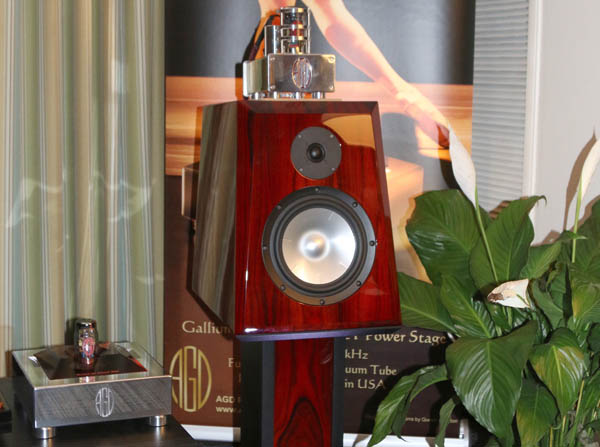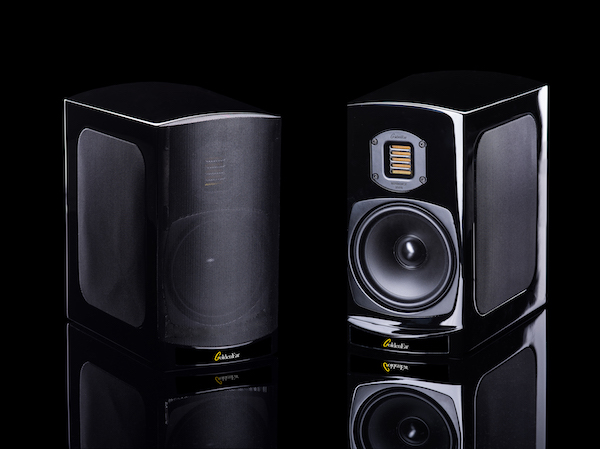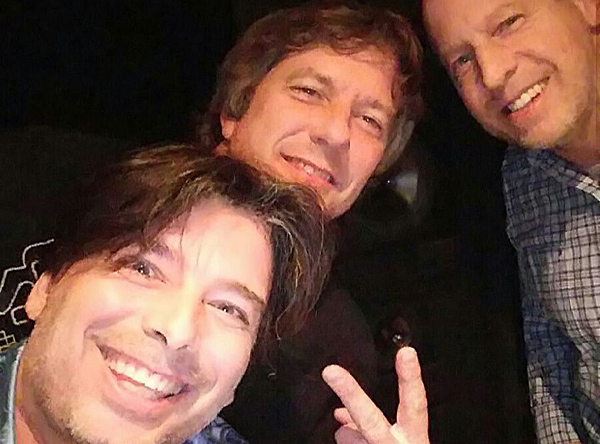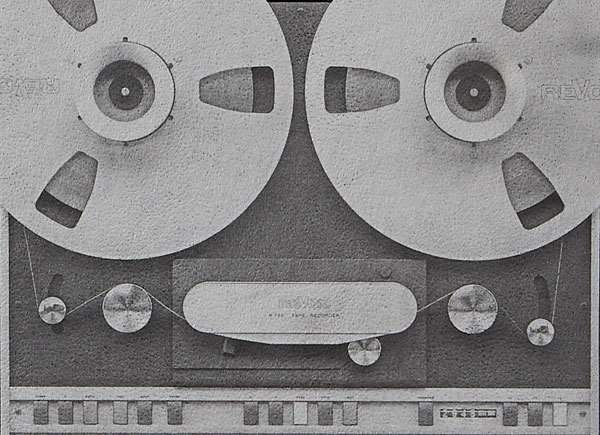LATEST ADDITIONS
Post-Fire Future Unclear for Apollo Masters
The Florida Audio Expo 2020: Sold Out??
Gramophone Dreams #33: Interconnects & Loudspeaker Cables
Before I sent it to Stephen, I showed a rough draft to my business agent, Sphere, who said, "Herb, you can't turn this in like this."
"Why?" I asked.
"Because you speak as if you are not an audiophile and think you're superior to audiophiles."
A GoldenEar Event in Baltimore
Krell Power: A Visit to the Laboratory of Doctor Morbius
Is he who has a tongue to tell, but must remain unspoken.Moondog, 1968
The Lockheed 1011 sits dormant on the ground at Chicago's O'Hare airport. "We have a little light bulb problem here" drawls the pilot in the approved Right Stuff manner. "We don't know if it's the bulb or what, we'll let you know."
Revinylization #2: Frog Pad Records, Electric Recording Company, Blue Note Tone Poet
"Isn't Our Hobby the Greatest?"
Schiit Audio Ragnarok 2 integrated amplifier
Book Review: Hi-Fi: The History of High-End Audio Design
The ongoing evolution of hi-fi can be measured in any number of ways. Most obviously, we see that evolution in the technologies associated with our industry: in big breakthroughsmono to stereo, tubes to transistors, analog to digitalas well as incremental improvements in materials and manufacturing techniques.










